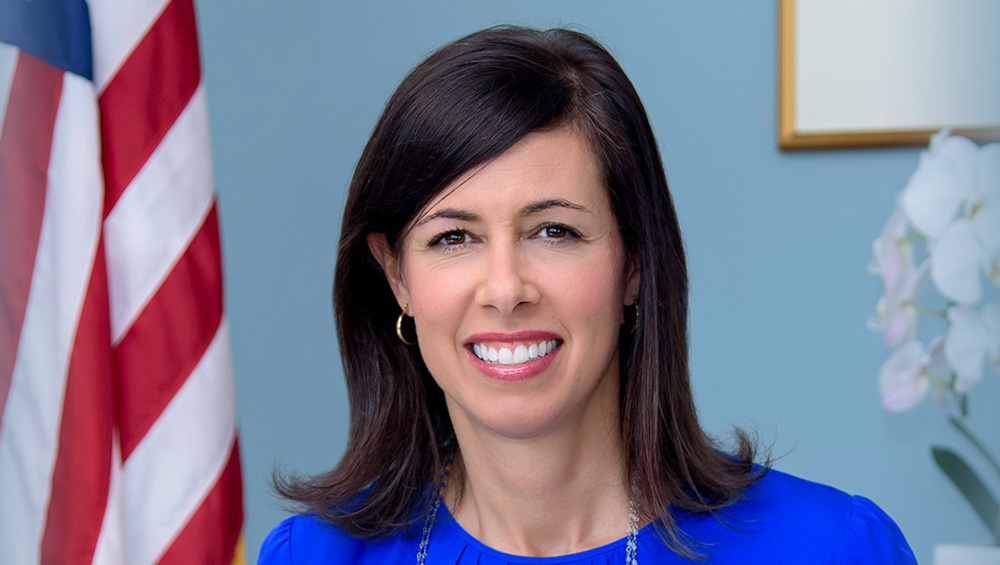
The FCC will vote on whether to restore net neutrality during its open meeting April 25, which it said would bring back a national standard for broadband reliability, security and consumer protection. The proposal, from chair Jessica Rosenworcel, would ensure that broadband services are treated as an essential resource deserving of FCC oversight under Title II authority. Three commissioners (a majority) have already indicated their support for the measure.
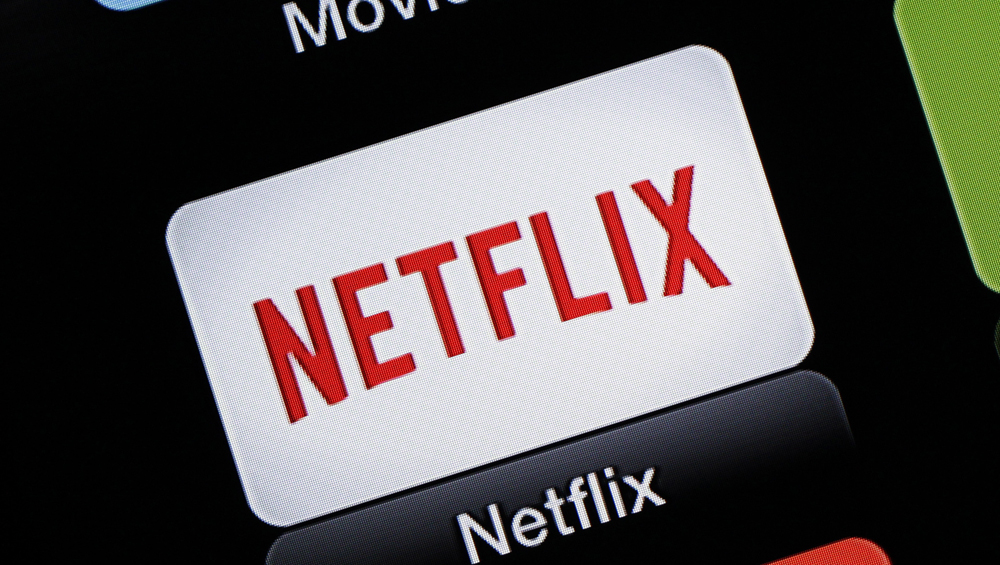
The future of streaming video will turn on whether the FCC bans broadband providers from tampering with online traffic, Netflix argued to the agency this week.
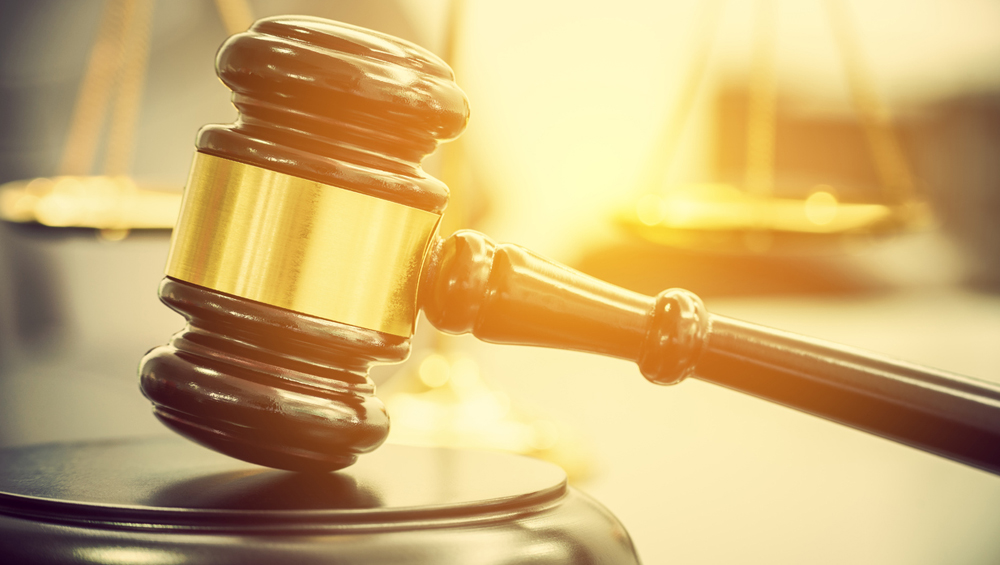
For broadband internet service providers (ISPs), the current FCC is a lost cause, a total waste of time. In the end, they are counting on the courts for vindication, and they are probably making a smart bet. Even though the FCC acts as if nothing has changed, in fact a lot has changed in the legal arena. Last year, the Supreme Court issued a bombshell decision in West Virginia v. EPA that will make it arduous for an agency like the FCC to adopt consequential rules absent explicit authorization from Congress.
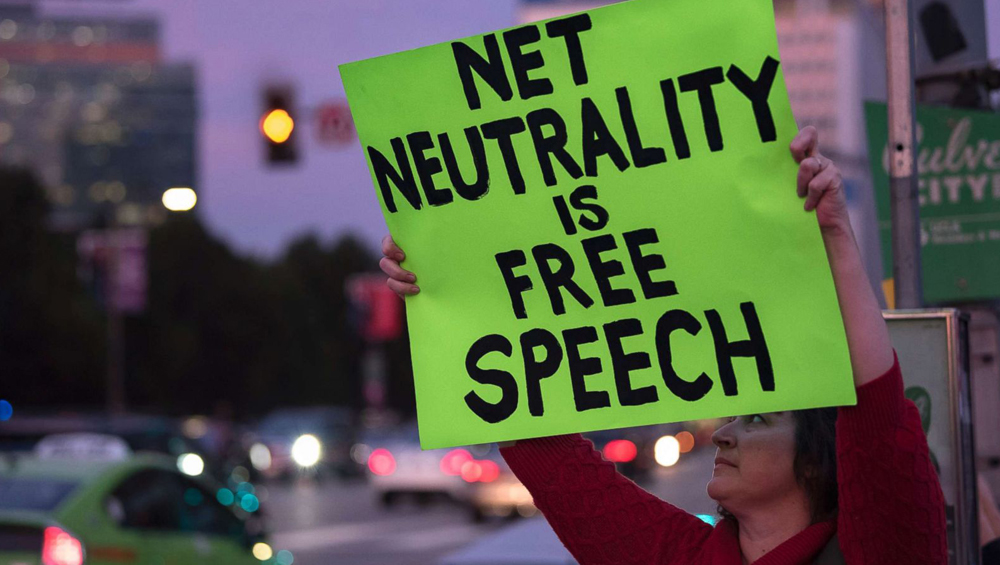
Comcast, Charter, AT&T and other telecom giants are expected to wage a legal fight with the Democratic-controlled agency over this regulatory push.

The Commission will also consider new rules on accessibility, the E-Rate program, unlicensed use of the 6 GHz band and other issues at its next open meeting.
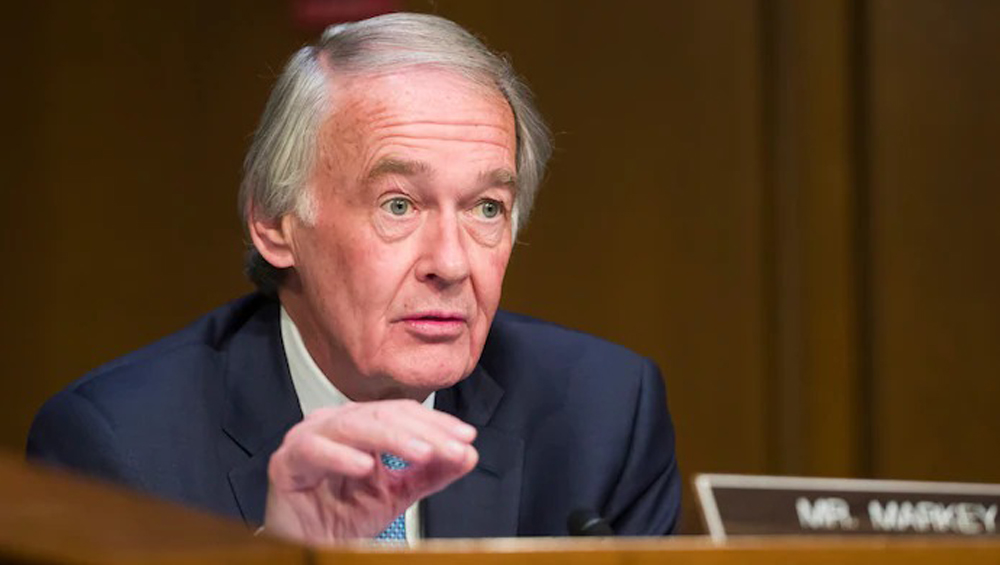
With no progress expected on new network neutrality rules out of a politically tied FCC anytime soon, net neutrality fan Sen. Ed Markey (D-Mass.) is introducing net neutrality legislation today (July 28).

Democratic lawmakers’ inability to secure a majority at the FCC has stymied plans for the agency to restore Obama-era net neutrality rules. Amid the impasse, lawmakers are renewing efforts to take the issue into their own hands with a sweeping new bill, according to a copy. Led by Sens. Edward J. Markey (D-Mass.) and Ron Wyden (D-Ore.), the Net Neutrality and Broadband Justice Act would reclassify broadband as a telecommunications service and open companies like AT&T and Verizon up to stricter oversight by the FCC.
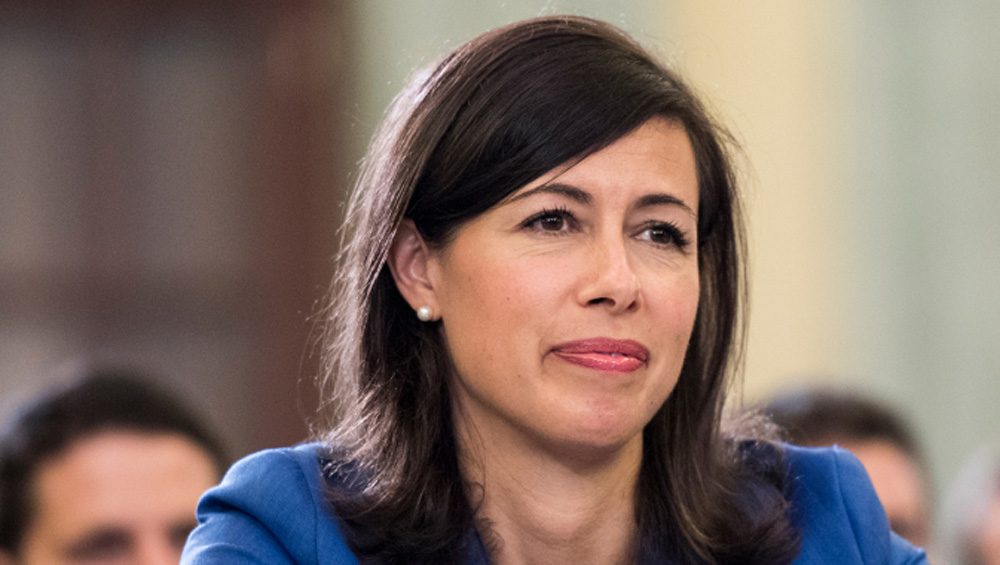
Acting FCC Chairwoman Jessica Rosenworcel would not comment on the degree to which the president’s failure to name a third Democratic commissioner has prevented it from taking action on some big issues — like restoring network neutrality rules — but she suggested the agency has been hard at work on other things and was still supportive of making net neutrality rules the law of the land, however that is achieved.
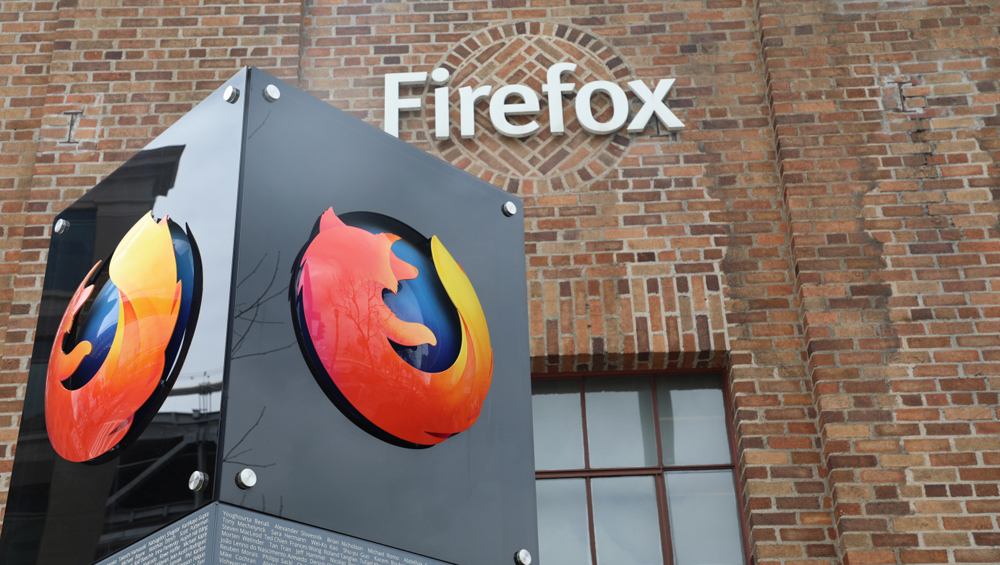
Tech companies led by Mozilla are urging the FCC to swiftly reinstate net neutrality rules stripped away under the Trump administration. In a letter to FCC Acting Chairwoman Jessica Rosenworcel on Friday, ADT, Dropbox, Eventbrite, Reddit, Vimeo and Wikimedia joined Mozilla, the maker of the Firefox web browser, in calling net neutrality “critical for preserving the internet as a free and open medium that promotes innovation and spurs economic growth.”
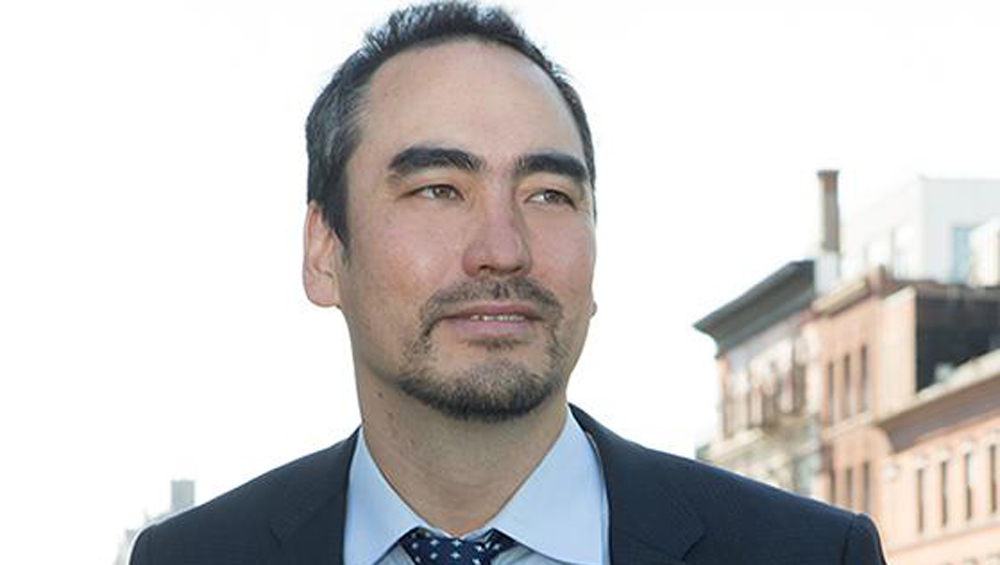
The Biden administration has tapped Columbia University law professor Tim Wu — known both as a leading critic of Silicon Valley and a prominent net neutrality proponent — to serve on the National Economic Council. Wu — who coined the term “net neutrality” almost 20 years ago — will advise the administration on technology and competition policy. He previously worked in the Obama administration, as well as for the Federal Trade Commission, and the New York Attorney General.
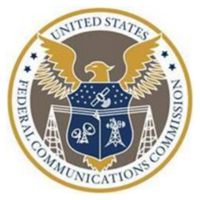
More fans of network neutrality rules, including Common Cause and the Benton Institute, have asked the FCC to return its bright-line rules against blocking, throttling and paid prioritization, saying eliminating those rules has damaged connectivity at a time —during the COVID-19 pandemic — when connectivity is a key public interest priority.
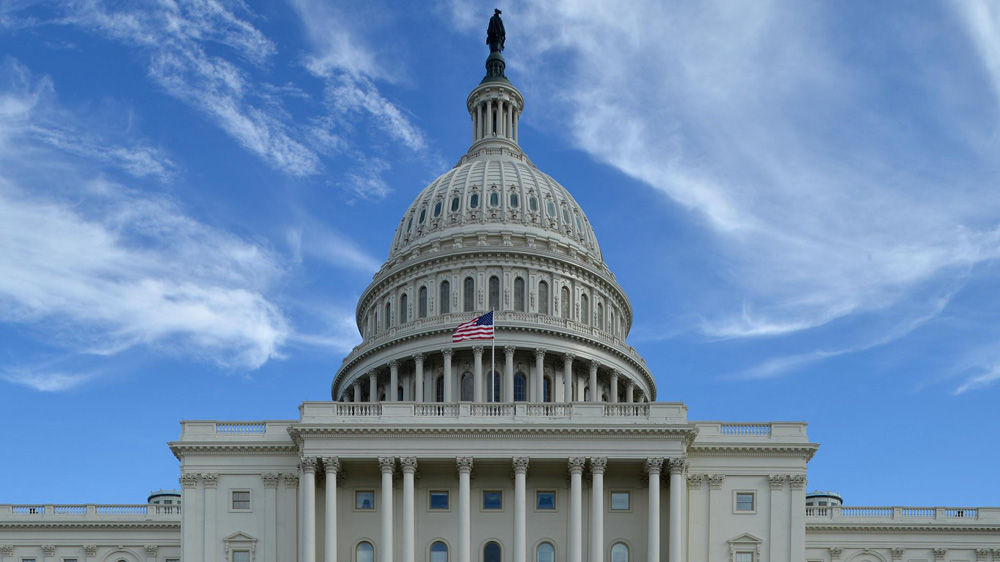
Rep. Anna Eshoo (D-Calif.) and a baker’s dozen of Democratic members of the California congressional delegation have called on attorney general nominee Merrick Garland to make net neutrality one of his first orders of business in the new post. Garland has been a judge on the U.S. Court of Appeals for the D.C. Circuit, which has principle oversight of FCC decisions like the elimination of net neutrality rules.

When President-elect Joe Biden takes office in January, it’s likely to reignite an old debate over who should police the internet.

Net neutrality proponents are gearing up to press the Biden administration to restore a set of broadband regulations that were passed in 2015, but repealed by the current FCC.
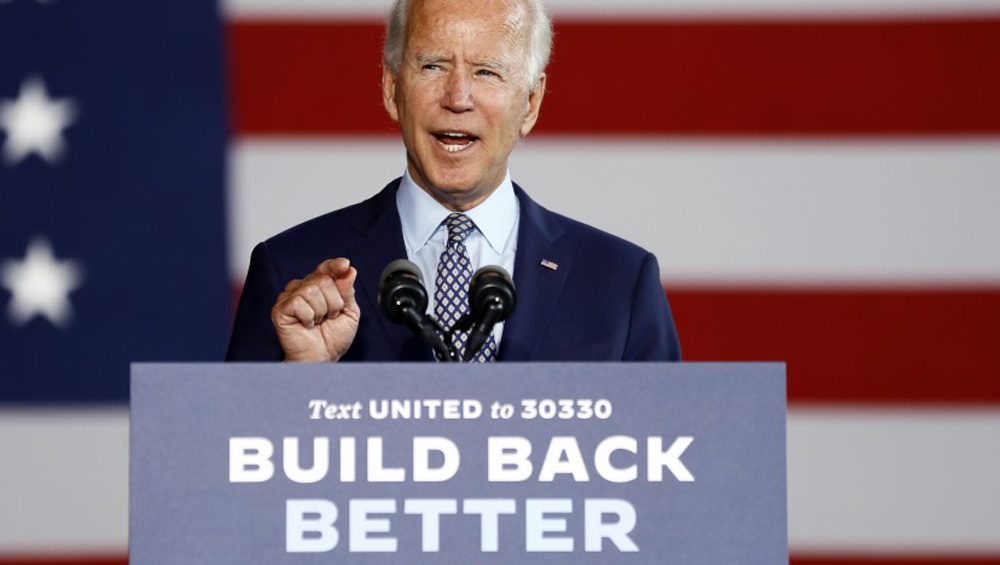
Joe Biden has signaled that if he becomes President, his FCC will restore the net neutrality rules and FCC oversight authority the Republican FCC jettisoned in the Restoring Internet Freedom Order, as well as working to undo state laws blocking municipal broadband and invest even more in those projects.
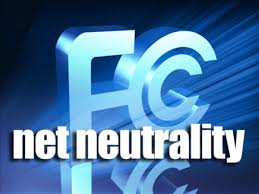
The FCC posted more than 300 comments to its record-breaking net neutrality docket in just one day last week. That comes after the commission sought comment on several issues identified by the federal court that upheld the Restoring Internet Freedom Order, which eliminated network neutrality rules and reclassified internet access as an information service.

But the 200-page appeals court ruling says the FCC can’t stop states from setting their own regulations. Consumer advocates and other groups viewed the ruling as a victory for states and local governments seeking to put in their own net neutrality rules.
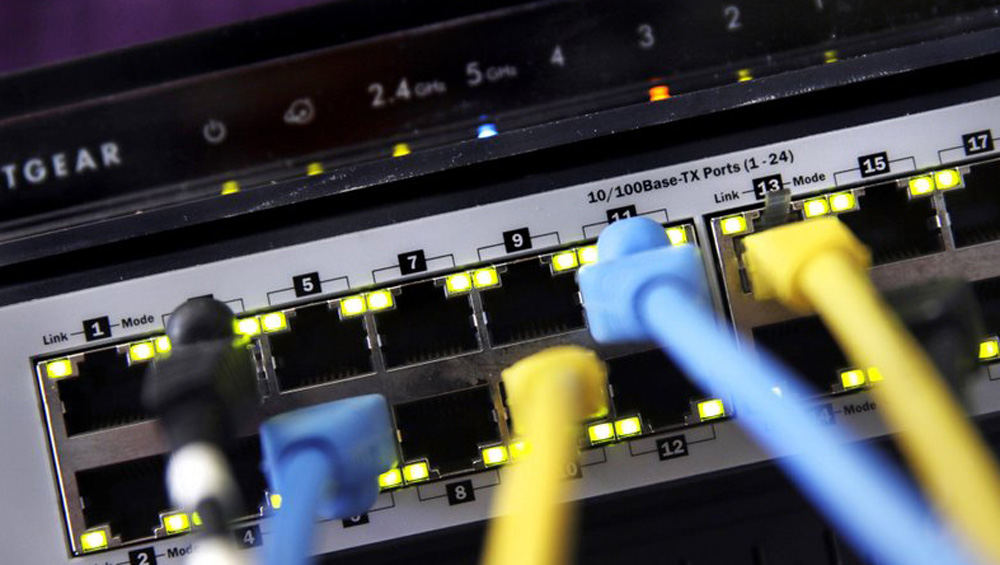
The Save the Internet Act passed the Democrat-controlled House 232-190 Wednesday, with only one Republican vote in favor. But top Senate Republican Mitch McConnell said Tuesday that net neutrality is “dead on arrival in the Senate.”

The bill to restore FCC net neutrality rules will be marked up in full committee April 3. That is according to the House Energy & Commerce Committee Democrats, who proposed the bill and passed it out of Subcommittee last week over the objections of Republicans.

Net neutrality supporters will get their day in court this week as they challenge the FCC’s repeal of the popular Obama-era internet rules. A panel of federal appeals court judges will hear oral arguments Friday in a lawsuit challenging the FCC’s deregulation of the broadband industry.

Time’s run out for net neutrality supporters hoping to restore Obama-era regulations using a legislative loophole, but the fight’s far from over as it heads to federal appeals court.
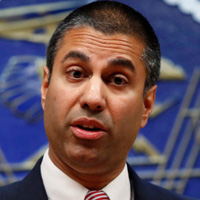
FCC Chairman Ajit Pai is acknowledging that Russia-linked email addresses weighed in during the public comment process ahead of the FCC’s net neutrality repeal last year. Pai wrote in a court filing this week that it is a “fact” that a half-million comments were submitted from Russian email addresses during the public comment period, adding that most of those comments were in favor of net neutrality.
The major U.S. wireless carriers are slowing streaming video traffic, according to a new report by researchers investigating net neutrality. They add the throttling practices they observed are creating “an unlevel playing field for video streaming providers while also imposing engineering challenges.”
A trio of Democratic senators is pressing the FCC’s inspector general to investigate the millions of fake comments filed during the net neutrality debate. In a letter addressed to FCC Inspector General David Hunt, Sens. Richard Blumenthal (D-Conn.), Brian Schatz (D-Hawaii) and Edward Markey (D-Mass.) urged him to investigate fraud in the FCC public comment process.
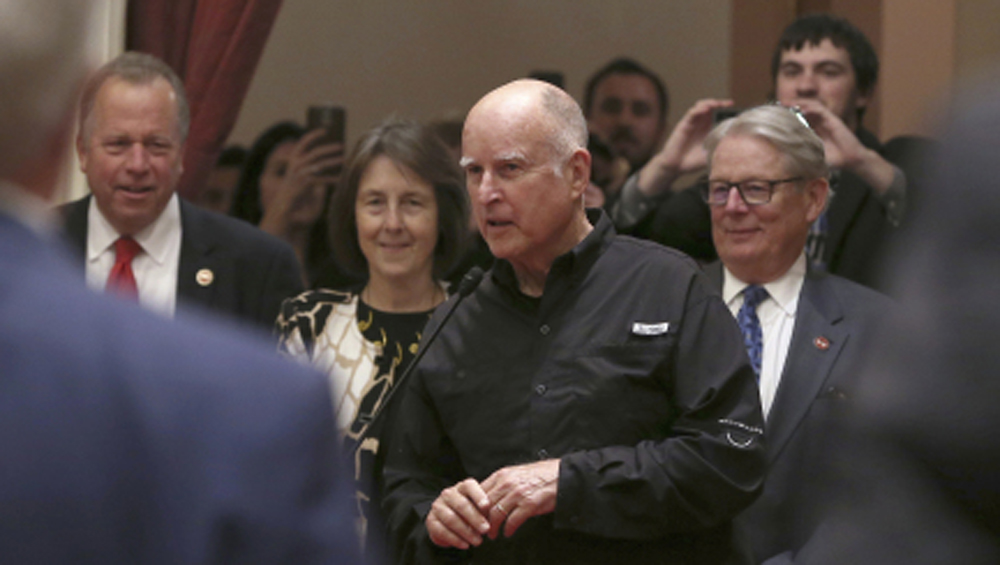
Gov. Jerry Brown today signed a measure that restores Obama-era open-internet rules in California, in a direct rebuke to the Trump Administration’s rollback of these regulations. The Justice Department responded with a lawsuit seeking to prevent the law from taking effect.
The New York Times Co. is asking a judge to order the FCC to turn over information related to possible Russian meddling in the agency’s recent net neutrality proceeding.
A group of 103 members of Congress have filed an amicus brief in support of Mozilla et al.’s challenge to the FCC’s network neutrality reg rollback. Many of those are also opposing the nomination of Judge Brett Kavanaugh to the Supreme Court because of his views on FCC net neutrality regulation and authority.
The FCC has refused a Freedom of Information request for the emails planning a net neutrality video that features Ajit Pai dancing with a lightsaber.
Sen. John Kennedy (R-La.) introduced legislation on Wednesday to prohibit internet providers from blocking or slowing content, in an effort to restore some of the net neutrality rules repealed by the FCC in December.
On Monday, Washington became the first state to set up its own net-neutrality requirements after U.S. regulators repealed Obama-era rules that banned internet providers from blocking content or interfering with online traffic. “We know that when D.C. fails to act, Washington state has to do so,” Gov. Jay Inslee said before signing the measure that lawmakers passed with bipartisan support. “We know how important this is.”
Six technology companies including Kickstarter, Foursquare and Etsy have launched a lawsuit against the FCC in an effort to preserve net neutrality rules. The companies, which also include Shutterstock, Expa and Automattic, on Monday filed their petition with the U.S. Court of Appeals for the District of Columbia Circuit.
In an attempt to restore the net neutrality rules, consumer advocacy group Free Press Thursday filed suit against the FCC. Free Press argues that the FCC can’t support Chairman Ajit Pai’s claim that the former rules resulted in a drop in investment by carriers.
Congressional Democrats today introduced a long-promised resolution aimed at undoing the FCC’s repeal of the net neutrality rules. Spearheaded by Sen. Ed Markey (D-Mass.), the measure would reverse the FCC’s December decision to repeal the Obama-era regulations. It would do so via the Congressional Review Act, which allows Congress to nix agency rules, within 60 days of their publication in the Federal Register, by a simple majority vote.
FCC Chairman Ajit Pai received the National Rifle Association’s “Charlton Heston Courage Under Fire Award” at the Conservative Political Action Conference on Friday. The NRA-sponsored award was given to Pai in recognition of months of heavy criticism over his successful push to repeal the agency’s net neutrality rules last December.
Well, it’s official: the Open Internet rule, better known as Net Neutrality, will go bye-bye starting April 23.









































